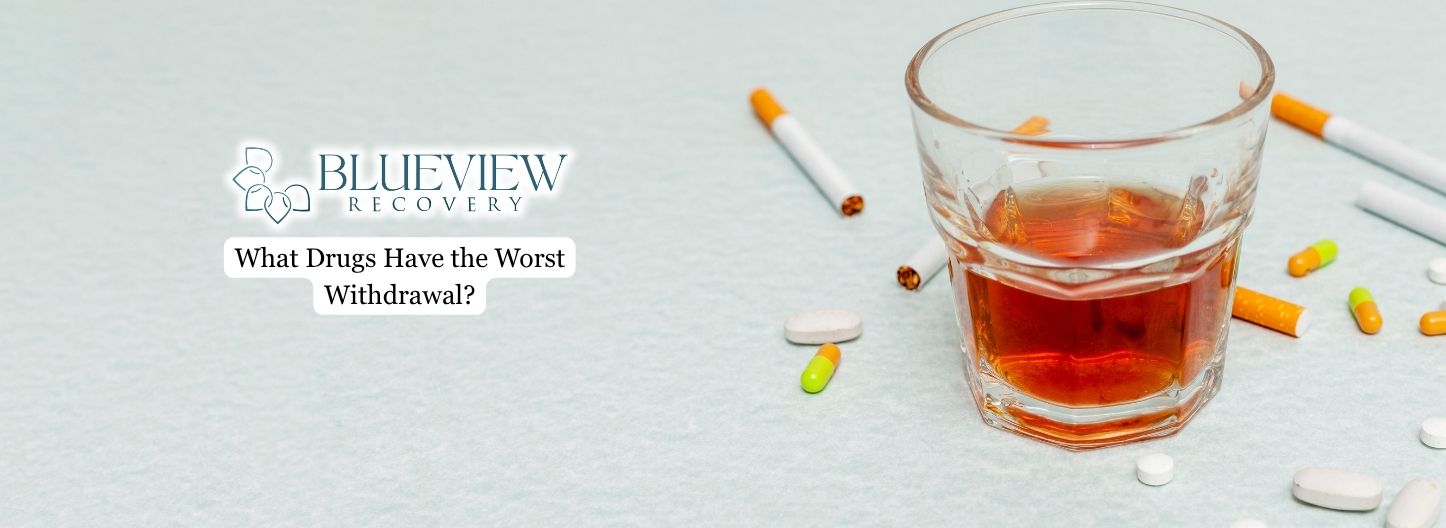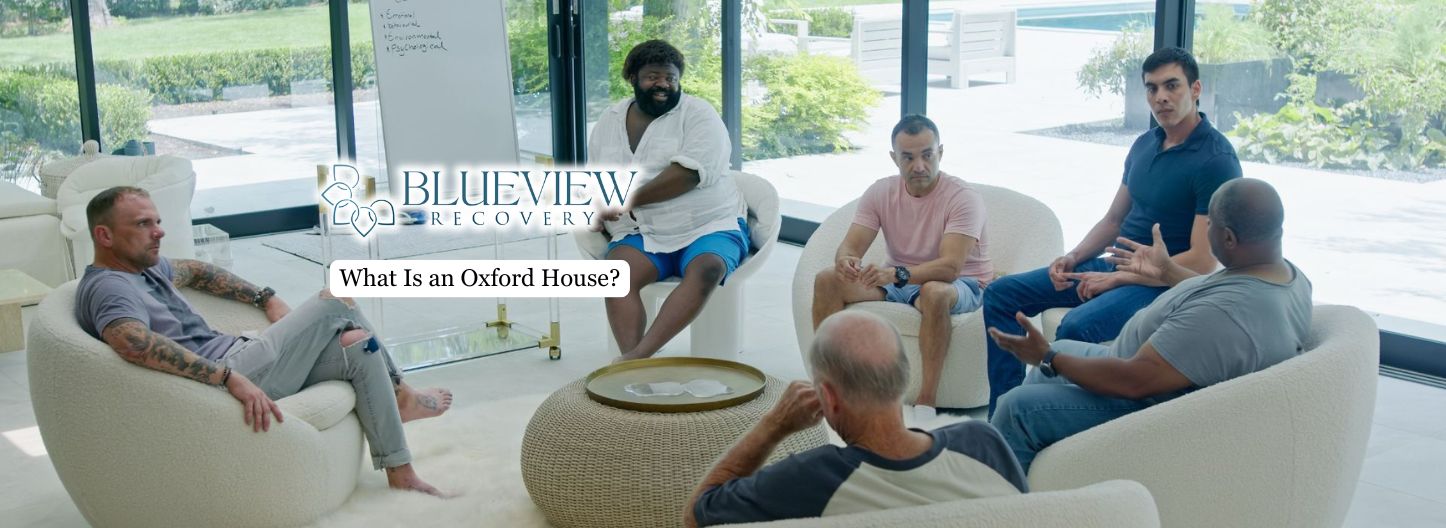Partial Hospitalization Programs (PHPs) for addiction treatment provide a structured and intensive approach to recovery without requiring overnight stays. During this time, patients participate in daily treatment sessions lasting about 5-6 hours, typically 5-7 days per week. The length of PHPs is intended to give individuals the opportunity to develop and implement new coping skills while receiving significant support in their recovery journey.
In this article, we will discuss the average duration of PHPs, factors that influence it, and how individuals can benefit from the time spent in the program.

Typical Duration of Partial Hospitalization Program
The typical duration of a PHP for addiction treatment is 4-6 weeks, depending on your specific recovery efforts and needs.
Treatment plans are tailored to maximize therapeutic benefits and ensure you master essential skills for maintaining sobriety. You’ll participate in structured daily programming, receiving intensive care while being able to return home each evening.
PHPs align with the American Society of Addiction Medicine’s recommendations, providing a minimum of 20 hours of therapy per week. The length of your stay will be determined by clinical assessments, focusing on your progress and readiness to transition to less intensive outpatient programs.
Factors Influencing the Length of the Treatment Programs
A comprehensive assessment of your mental health status, substance use history, and overall treatment goals will help determine the appropriate length of stay. The program’s structured schedule of treatment activities can also impact duration based on your ability to engage and benefit from intensive therapy.
The duration of this patient’s treatment program is influenced by their progress and response to therapy, as clinicians continually assess and adjust treatment plans based on the patient’s needs. Factors such as the complexity of the patient’s substance use disorder, the strength of their support system at home, and their ability to maintain sobriety with minimal supervision can all impact the length of time they need to remain in the program. Insurance coverage and financial considerations may also play a role in determining the duration of treatment.
If you’re transitioning from residential treatment, you may have a shorter PHP stay, while those with more complex needs may require extended participation. The average number of hours spent in programming per week, usually up to 30 hours of clinically intensive treatment, can affect the duration of your PHP.
Make sure to check out this guide if you want to learn more on how does PHP work for substance addiction treatment.
Customization of PHP Length
The customization of treatment plans is influenced by several factors, including the severity of the addiction, the presence of co-occurring mental health disorders, the patient’s progress, and the strength of their support system.
Treatment providers continuously assess patients’ responses to therapy and adjust plans accordingly, allowing for flexibility in program length. Some individuals may require shorter stays of 1-2 weeks if they have a strong support system and show significant progress, while others with more complex needs might benefit from extended programs lasting 4-6 weeks or longer.
This personalized approach ensures that patients receive the appropriate level of care for their unique circumstances, potentially improving treatment outcomes and reducing the risk of relapse.

Components of PHP That Affect Duration
Partial hospitalization programs (PHPs) incorporate a wide range of therapeutic components that collectively influence the length of treatment. Individual counseling sessions provide personalized attention to address specific issues, while group therapy offers peer support and opportunities for shared learning. Read more about the different types of group therapy here.
Skill development workshops and wellness activities help patients build a strong foundation for lasting recovery. The program also includes medical and psychiatric consultations, as well as medication management, to address both physical and mental health needs. Family therapy sessions, which involve multiple participants and complex dynamics, can extend the duration of treatment.
The intensity and frequency of these components, typically delivered over 5-7 days a week for 5-6 hours per day, contribute to the average PHP duration of 3-6 weeks. However, the specific combination and depth of these elements may require longer stays, especially for individuals struggling with severe substance abuse and mental health disorders.
Benefits of Appropriate PHP Duration
A well-tailored partial hospitalization program length allows patients to receive intensive, structured support while maintaining connections to their home environment. This balance enables individuals to practice newly acquired coping skills in real-world settings, enhancing their ability to transition back into independent living.
An appropriate PHP duration also ensures that patients receive comprehensive care, including access to multidisciplinary healthcare professionals, without the need for full hospitalization. A customized program length can lead to improved treatment outcomes, as it allows for continuous assessment and adjustment of the treatment plan based on individual progress and needs.
Final Thoughts from Blueview Recovery
At Blueview Recovery in King of Prussia, Pennsylvania, we recognize that substance abuse recovery is a unique journey for each individual. Our Partial Hospitalization Program is designed to be adaptable, enabling our skilled team to adjust the length and intensity of treatment to best meet the specific needs and objectives of each client. Our focus is on delivering comprehensive, research-backed therapies and support, laying a solid groundwork for sustained recovery.





